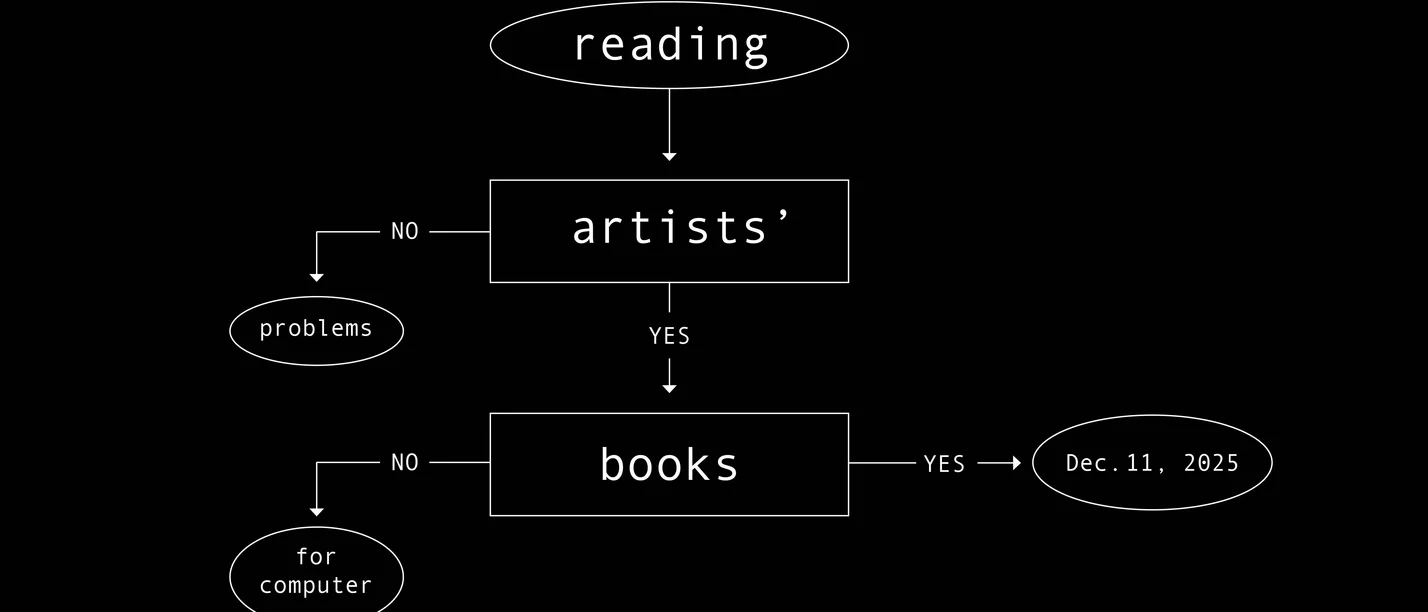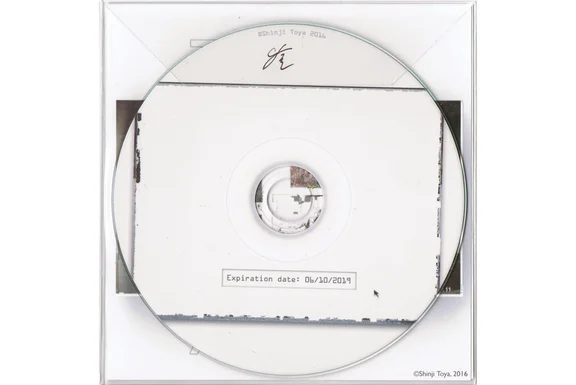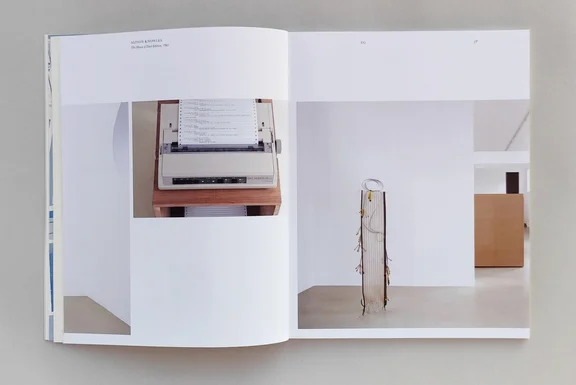Reading Artists’ Books: Problems for Computer

The event will take place both on site at the university and online via Zoom. For online participation, please register here: https://uni-wh-de.zoom.us/meeting/register/bCbRCDXpS0ChN8fsdTo7Uw
The fourth edition of the series Reading Artists’ Books presents publications from the 1960s to the present that have critically reflected on computational thinking—that is, ways of thinking shaped by computer-based and algorithmic processes—or that have relied on computer technologies in their making. Already in the 1960s and 1970s, artists and theorists were asking whether computers could expand or even replace human creativity, how algorithmic tools might reconfigure artistic roles, and who would have access to these emerging technologies. These questions, first raised over half a century ago, are resurfacing today with renewed urgency in the context of current debates on artificial intelligence. Publications such as Alison Knowles’s A House of Dust (1969), Stanley Brouwn’s 100 this-way-brouwn-problems for computer IBM 360 model 95 (1970), and Manfred Mohr’s Artificiata I (1969) demonstrated how concepts of chance, computational iteration, and algorithmic logic were translated into the analogue medium of the artist’s book—often coupled with a critical reflection on the promises and limits of digital technologies.
The event is dedicated to Alison Knowles, who passed away in October 2025 at the age of 92 in New York. It takes place within the framework of the Studium Fundamentale at Witten/Herdecke University and also connects to ongoing discussions within the Centre for Advanced Study Access to Cultural Goods in Digital Change at the University of Münster. Shinji Toya’s (London) contribution exploring digital obsolescence highlights the fragility of network-based artworks and digital infrastructures. Computers at Work. About Women in Computing (2019) by Sophie Rentien Lando addresses the role of women in computing history, recalling that in the early days “computers” referred to predominantly female workers who performed complex calculations by hand. Gloria Hasnay (Düsseldorf) will discuss her publication Key Operators. Weaving and Coding as Languages of Feminist Historiography (2024), accompanying her exhibition of the same title at Kunstverein München. Finally, Jonathan Harth (Berlin/Witten) explores the famous notes of British mathematician Ada Lovelace, widely regarded as the world’s first computer programmer.


The program brings together artists, theorists, publishers, and curators who will introduce selected publications in relatively short presentations (10–15 minutes each), among them art historians Hannah Higgins (Chicago), Margit Rosen (Karlsruhe), Ursula Frohne (Münster) and Constanze Fritzsch (Florence); literary scholar Frank Fischer (Berlin); designer and programmer Jürg Lehni (Zurich); and artists Antye Guenther (Rotterdam), Andreas Bülhoff (Hamm/Berlin), and Rodrigo Araya Yáñez (Santiago de Chile).
Reading Order:
13:30 | Regine Ehleiter (on-site): Introduction to the event, followed by a reading of Stanley Brouwn, 100 this-way-brouwn-problems for computer IBM 360 model 95 (1969)
13:45 | Frank Fischer (online) reading Nanni Balestrini, “Tape Mark I” (1961)
14:00 | Constanze Fritzsch (online) reading A.R. Penck, Ich-Standart-Literatur (1971)
14:15 | Andreas Bülhoff (on-site) reading Reading Writing Interfaces – Word, InDesign, TextEdit (2022)
14:30 | Jürg Lehni (online) reading Things to Say (2009), Empty Words (2011), News (2011) and Research Notes (2011)
14:45 | Antye Guenther (online) reading The Beheading of the Fruit Fly? (How will I know if you are truly a sentient being?) (2022)
15:00–15:30 | Coffee break
15:30 | Ursula Frohne (on-site) reading Lucy R. Lippard’s contribution to Information (MoMA, 1970)
15:45 | Hannah Higgins (online) reading Alison Knowles, A House of Dust (1969)
16:00 | Rodrigo Araya Yáñez (online) reading Entreactos. Ordenadores y sirvientes (2014–19)
16:15 | Gloria Hasnay (on-site) reading Key Operators. Weaving and coding as languages of feminist historiography (2024)
16:30 | Jonathan Harth (on-site) reading Ada Lovelace, Notes to her translation of Luigi Menabrea’s Sketch of The Analytical Engine Invented by Charles Babbage (1842)
16:45 | Shinji Toya (online) reading 3 Years and 6 Months of Digital Decay (2016)
17:00 | Drinks Reception
Prerecorded videos available online through the project’s Vimeo archive:
- Margit Rosen reading Manfred Mohr, Artificiata I (1969)
- Students reading Sophie Rentien Lando, Computers at Work. About Women in Computing (2019)
The event was organised by Regine Ehleiter, Postdoctoral Research Associate at the Chair for Digital Arts and Cultural Communication at the WittenLab. Future Laboratory Studium Fundamentale at the University of Witten/Herdecke and Senior Fellow of the Centre for Advanced Study Access to Cultural Goods in Digital Change, in cooperation with the Office & Network for Media Art and Digital Culture medienwerk.nrw and the Centre for Advanced Study Access to Cultural Goods in Digital Change at the University of Münster. The Centre is funded by the German Research Foundation (DFG). The work of medienwerk.nrw is funded by the Ministry of Culture and Science of the State of North Rhine-Westphalia, on whose behalf it undertakes coordination, professionalization, and advisory tasks in the field of media art. The medienwerk.nrw office is based at HMKV Hartware MedienKunstVerein in Dortmund.
The Reading Artists’ Books series was initiated by Regine Ehleiter and Tabea Nixdorff (Arnhem) in memory of Chicago-based curator and librarian Doro Boehme (1957–2020). It offers a public platform for artistic publishing practices through collective reading and lecture formats. Previous editions focused on publications as a medium for presenting artistic writing practices (HGB Leipzig, 2022) and on “asemic writing,” inspired by the works of Argentine conceptual artist Mirtha Dermisache (Freie Universität Berlin, 2024). Recordings of previous events are available on the series’ Vimeo channel.
The event language is English.
Graphics: Tabea Nixdorff, Arnhem